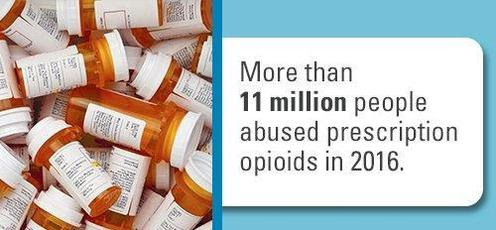- Joined
- Feb 25, 2010
- Messages
- 4,263
- Reaction score
- 1,560
We all know what's coming. They government is going to make it more and more painful to prescribe opiates to treat people's pain. Addicts will continue to find ways to OD and die. whether it's from a prescribed drug, imported fentanyl or other opiates from China, or heroin from elsewhere. National OD numbers will continue to skyrocket and the government will in turn, find news ways to make our lives and prescribing miserable or punitive, without ever having the guts or backbone themselves to ban them, which would actually make our lives much easier.
Let's brainstorm with ideas on how to best make the transition from practicing Interventional Pain Medicine where we responsibly use opiates in some instances within CDC guidelines, to opiate-free practices where we prescribe none, and continue to thrive.
Perhaps having a MME/day limit in your practice and lowering it every year?'
90 MME/day max this year, 60 MME/day the year after that, 30 the year after that and so on, eventually hitting zero?
Or, does a 'cold turkey' approach work best, where you simply send a letter to PCPs that you will no longer offer the option of chronic daily opiate treatment for chronic non-cancer pain, effective let's say, in 90 days or so?
I don't know.
Is this a good idea, bad idea?
An idea's who's time has come, or yet to come?
Thoughts. Go
Let's brainstorm with ideas on how to best make the transition from practicing Interventional Pain Medicine where we responsibly use opiates in some instances within CDC guidelines, to opiate-free practices where we prescribe none, and continue to thrive.
Perhaps having a MME/day limit in your practice and lowering it every year?'
90 MME/day max this year, 60 MME/day the year after that, 30 the year after that and so on, eventually hitting zero?
Or, does a 'cold turkey' approach work best, where you simply send a letter to PCPs that you will no longer offer the option of chronic daily opiate treatment for chronic non-cancer pain, effective let's say, in 90 days or so?
I don't know.
Is this a good idea, bad idea?
An idea's who's time has come, or yet to come?
Thoughts. Go

